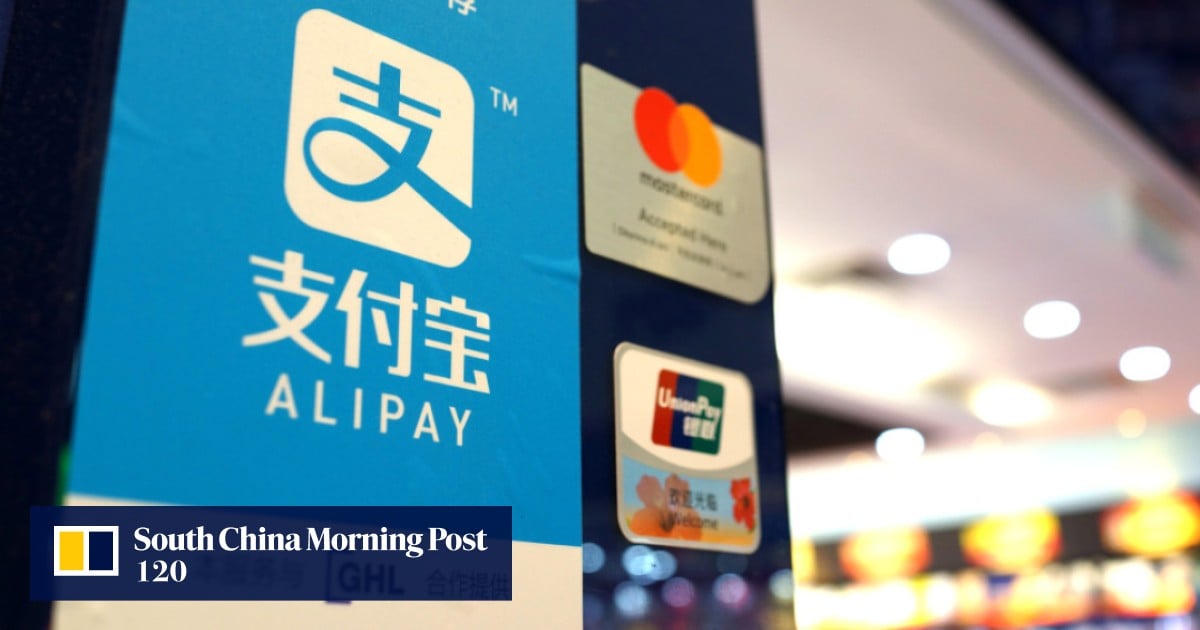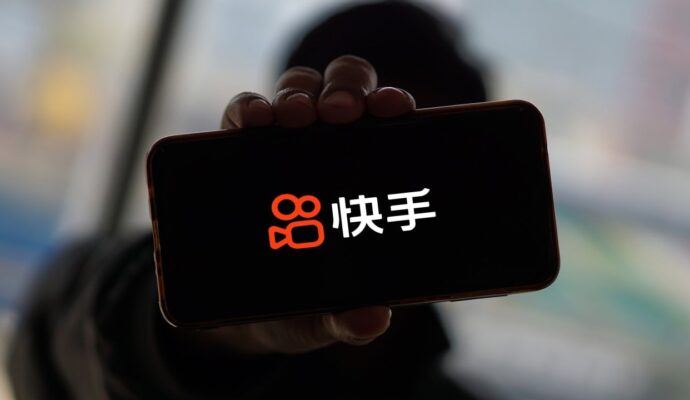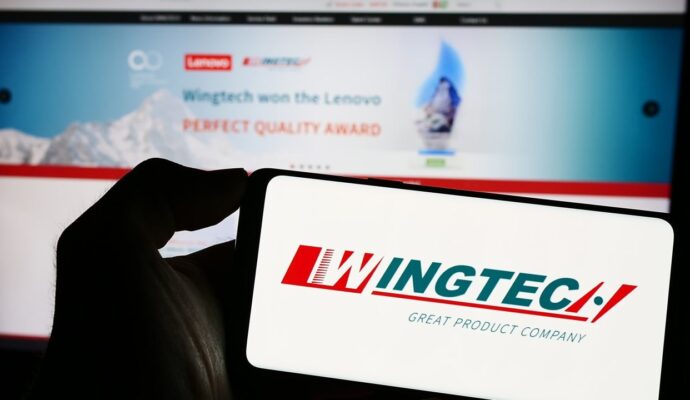
Beijing’s approval of an application by the Chinese joint venture of American payments firm Mastercard to conduct yuan clearing operations and issue yuan-denominated bank cards would provide a boost for expats and visitors, but it is set to face competition from established domestic heavyweights WeChat Pay and Alipay, analysts said.
It is the second overseas bank card clearing institution approved by the People’s Bank of China and the National Administration of Financial Regulation.
“Foreigners working in China and executives and tourists on short visits will cheer the news more than Chinese consumers do, as the latter have grown so used to the duopoly of WeChat Pay and Alipay’s mobile, cardless payment services,” said Wang Pengbo, a researcher with market consultancy firm Botong Research.
We welcome Beijing’s move to enable more market access for American companies
American Express was the first foreign bank to obtain approval in 2020, although it did not have the controlling stake in its joint venture.
The timing of the approval is viewed as a gesture to show Beijing is making efforts to grant more access to foreign firms, but analysts have warned the payment market in China has long been dominated by domestic giants.
“The approval of Mastercard’s joint venture in China to conduct bank card clearing business is a positive step by China to open up the bank card clearing market,” said Eric Zheng, president of the American Chamber of Commerce in Shanghai.
“Healthy competition in the bank card clearing market will improve customer service by providing differentiated products and services, and will also improve the overall payments ecosystem. We welcome Beijing’s move to enable more market access for American companies.”
‘The next China is still China’: Xi pledges to tear down investment barriers
‘The next China is still China’: Xi pledges to tear down investment barriers
Mastercard’s 1 billion yuan (US$139 million) joint venture, in which it controls a 51 per cent stake, was established in 2019, although the application and preparation process has been delayed by the coronavirus pandemic.
It can now issue independently-branded bank cards and run an independent payment information exchange network for fund settlements and transactions.
The central bank said it would balance development and financial security when processing bank card clearing applications to promote the high-quality development of the sector and improve interoperability.
Tencent’s WeChat Pay and Ant Group’s Alipay already dominate China’s huge retail payment market, which hit 348 trillion yuan (US$48 trillion) last year, according to the Payment and Clearing Association of China.
China has the highest mobile payment adoption rate of 38.3 per cent, with the US trailing at 19.6 per cent, according to a recent survey by market data provider Statista.
Difficulties in paying for goods and services have long been a major gripe among foreigners, and cities across China, including Shanghai, have been slowly pushing for wider acceptance of foreign cards and payment channels.
Botong’s Wang said the fact that Chinese users are so accustomed to existing online payments means it would be an uphill battle for foreign credit card and payment service firms, but Mastercard could carve out a niche by serving expats and processing cross-boundary deals.
It bears symbolic significance for Beijing’s market opening promise
“The availability of more international payment platforms supporting yuan clearing can be a boon for expats and clear a big hurdle for those planning to come to China,” said a Shanghai-based independent economist, who asked not to be named due to the sensitivity of the issue.
“It bears symbolic significance for Beijing’s market opening promise, but also brings real benefits to expats and travellers, and makes the business and living environment better.”
In August, Alipay and WeChat Pay began to accept international credit and debit cards from the likes of Visa and Mastercard for domestic payments.

